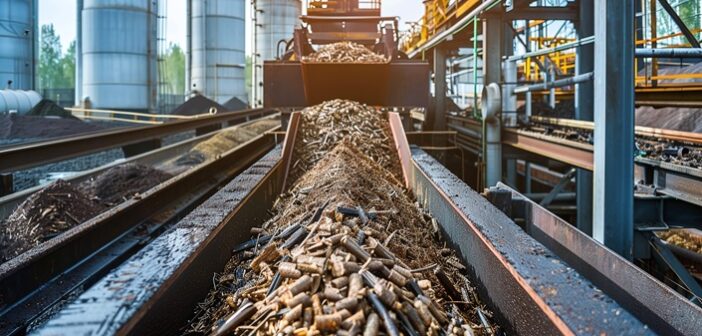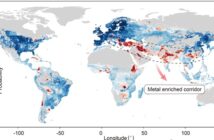Wiltshire charcoal producer Luke Breedon has published his Nuffield Farming report ‘Biochar Use in Agriculture: The Economic and Environmental Benefits’, sponsored by Alan and Anne Beckett.
Luke established a British barbecue charcoal and biochar business in 2020 driven by finding an alternative to imported and often destructive products. He is interested to see if biochar can benefit British farmers.
During his Scholarship, Luke travelled to extensively across Europe but also the United States, New Zealand and Australia with the aim of understanding why there has been a slow uptake of biochar in the agricultural industry.
In his report, Luke says: “Anthropogenic use of biochar can be dated back two millennia, however, only in the last couple of decades has significant research been undertaken to find out why, and whether the practice can bring benefits to modern day agriculture and other industries.
“It is estimated by the International Biochar Initiative that biochar production could be responsible for removing 6% of global emissions per year, with further savings from its cascade of uses. Only in the last few years has this had any financial reward attached to it with the adoption of voluntary carbon markets, now fuelling a growing production industry and alleviating somewhat the high price of the biochar product.”
While more farm-scale trials are being conducted, there have been varying results so far. “Not all biochar is created equal, and there are certain scenarios where it will have the greatest impact. Farmers and growers need to be increasingly aware of what it is they are using due to significant variations in feedstock, production parameters and inoculation as each could make or break a project. To make this worse, policy and guidance have not been developed in line with production, leaving potential users erring on the side of scepticism when considering projects.”
However, Luke observes that on-farm production is growing due to the availability of on-farm or local feedstocks. “Here we can see increased economic benefits through heat or energy generation, as well as the ability to offset farm-based emissions and growing opportunities for carbon trading.
“Biochar should not be considered the ‘silver bullet’ it once was, but a nature-based tool that through a considered approach can deliver economic benefits in the right scenario, and environmental benefits in almost every application,” concludes Luke.
The full report is now available on the Nuffield Farming report library and his report video is available on the Nuffield Farming YouTube channel




